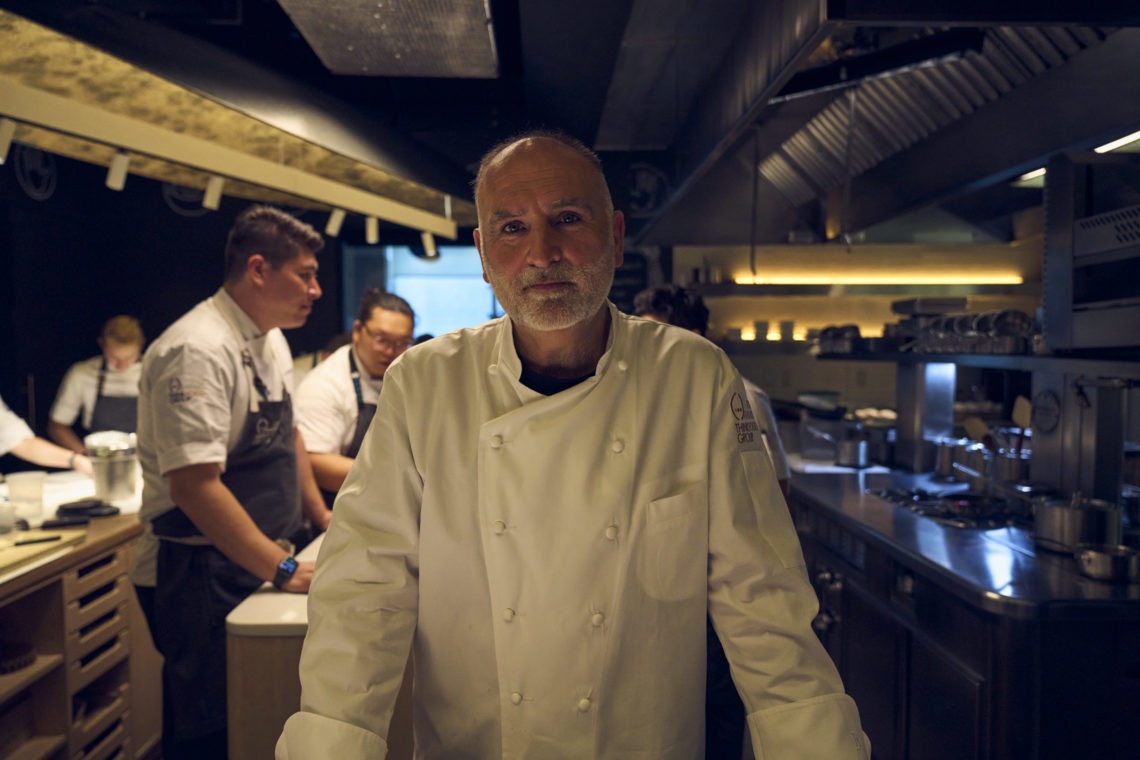
(Photo Christopher Vargas)
Jessica De La Torre, a second-year graduate student at Berkeley Journalism, never expected that their gripping story on the plight of teenage farmworkers in California’s Central Valley would end up being published in Teen Vogue. De La Torre also never expected to be invited to travel to Washington, D.C., to talk about it in a class taught by world famous chef José Andrés at George Washington University.
But that’s exactly what’s happened.
Among the alarming facts in De La Torre’s Teen Vogue story, published online this week, is how the agricultural industry relies on the labor of young people, often working with false papers and often to the detriment of their education, to get food from the fields onto our tables. And while a national law called the Fair Labor Standards Act has prohibited the employment of children under the age of 16 in most industries since the 1930s, it doesn’t apply to agriculture. In many states, including California, children as young as 12 can legally work in agriculture when school is not in session.
De La Torre’s story, written through the informed lens of personal experiences and those of farmworkers as young as 15, was funded by a $10,000 fellowship awarded by Andrés to Berkeley Journalism’s 11th Hour Food and Farming Journalism Fellowship. Made in honor of Professor Michael Pollan, Andres’ gift gave De La Torre the opportunity to return this summer to their hometown of Salinas, California, and to devote time this semester to the Teen Vogue article, and an accompanying documentary short produced with their classmate Jennifer Wiley (‘23) called “Antes del Sol.”
De La Torre, who uses both the she and they pronouns, is a first-generation college graduate who grew up in a community where farmwork is seen as a right of passage. Their mother worked in the fields alongside their grandfather, who came to the U.S. under the Bracero Program.
“Teens and even preteens laboring in the fields is so common where I’m from that I never thought of it as child exploitation until I was in college and people were shocked when I mentioned it,” De La Torre explained in Teen Vogue.
“Being able to share the girls’ stories with thousands of Teen Vogue readers what life is like for people their own age and maybe out of some the readers’ realms, was rewarding for the generation of invisible youth who’ve gone uncelebrated and unnoticed. This representation in Teen Vogue is a win for my communities’ youth and the generations prior, including my own mother and grandmother, that they too matter and should be seen in national outlets.”
De La Torre used pseudonyms in the story to protect the identity of the young people who shared their experiences about working in potentially dangerous situations, from pesticide exposure and sharp tools to the valley’s grueling heat. They also face sexual harrassment. Women in the fields use the word taparrabos, which translates to loincloth, to describe an added layer of fabric they are required to tie around their backsides to ward off unwanted attention. Some girls even dress as boys, hiding their hair, breasts and faces.

World-renowned chef and humanitarian José Andrés. Photo courtesy José Andrés.
“With this story, Jessica is showing to us what dignity and humanity truly mean,” Andrés said. “They are highlighting the lives of young women who are the ones feeding us, working hard in the fields every day even as they help feed their families, go to school, dream the dreams that they will one day be able to do something bigger — like Jessica, who was once wearing the very same shoes… And we cannot forget the role that Berkeley Journalism School and Michael Pollan are doing to educate and inspire the next generation of incredible storytellers like Jessica.”
“Jessica’s story is a case study of why who the storytellers are matters, since each of us sees the world through the lens of our personal experience,” Geeta Anand, dean of Berkeley Journalism, said. “I couldn’t be more grateful to José Andrés for creating this remarkable opportunity for one of our most promising students.”
